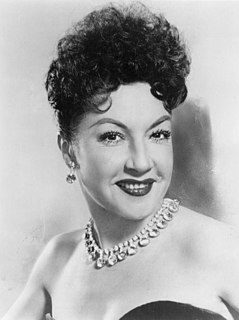A Quote by Joshua Foer
If you were a medieval scholar reading a book, you knew that there was a reasonable likelihood you'd never see that particular text again, and so a high premium was placed on remembering what you read. You couldn't just pull a book off the shelf to consult it for a quote or an idea.
Related Quotes
I'd say the purest experience for the movie is not to have read the book because I think when you've read the book you're just ticking off boxes. I think that after you see the movie, reading the book is a cool thing. I always say the movie's not meant to replace the book. That's ridiculous. I'm a huge fan of the book.
Corliss wondered what happens to a book that sits unread on a library shelf for thirty years. Can a book rightfully be called a book if it never gets read? If a tree falls in a forest and gets pulped to make paper for a book that never gets read, but there's nobody there to read it, does it make a sound?
I am very bad at remembering the books I've read and so recently I had a wonderful experience. I decided I wanted to teach Toni Morrison's The Bluest Eye. I hadn't read it in twenty-five years. I was surprised to find how much I drew from that book. Stole from that book, learned from that book about writing. I had forgotten and there it was. Morrison has called that text faulted. I cannot see how.
I read everything. I'll read a John Grisham novel, I'll sit and read a whole book of poems by Maya Angelou, or I'll just read some Mary Oliver - this is a book that was given to me for Christmas. No particular genre. And I read in French, and I read in German, and I read in English. I love to see how other people use language.
I doubt if I shall ever have time to read the book again -- there are too many new ones coming out all the time which I want to read. Yet an old book has something for me which no new book can ever have -- for at every reading the memories and atmosphere of other readings come back and I am reading old years as well as an old book.
The only things I read are gossip columns. If I read three pages of a book, I'm out like a light. When I pick up the book again, I've forgotten what I've read and have to start over again. By page three, even if I've just awakened from a nine -hour nap, I fall asleep again. So if anyone gives me a book, it had better have lots of pictures.
The book of the moment often has immense vogue, while the book of the age, which comes in its company from the press, lies unnoticed; but the great book has its revenge. It lives to see its contemporary pushed up shelf by shelf until it finds its final resting-place in the garret or the auction room.
For most people, what is so painful about reading is that you read something and you don't have anybody to share it with. In part what the book club opens up is that people can read a book and then have someone else to talk about it with. Then they see that a book can lead to the pleasure of conversation, that the solitary act of reading can actually be a part of the path to communion and community.

































